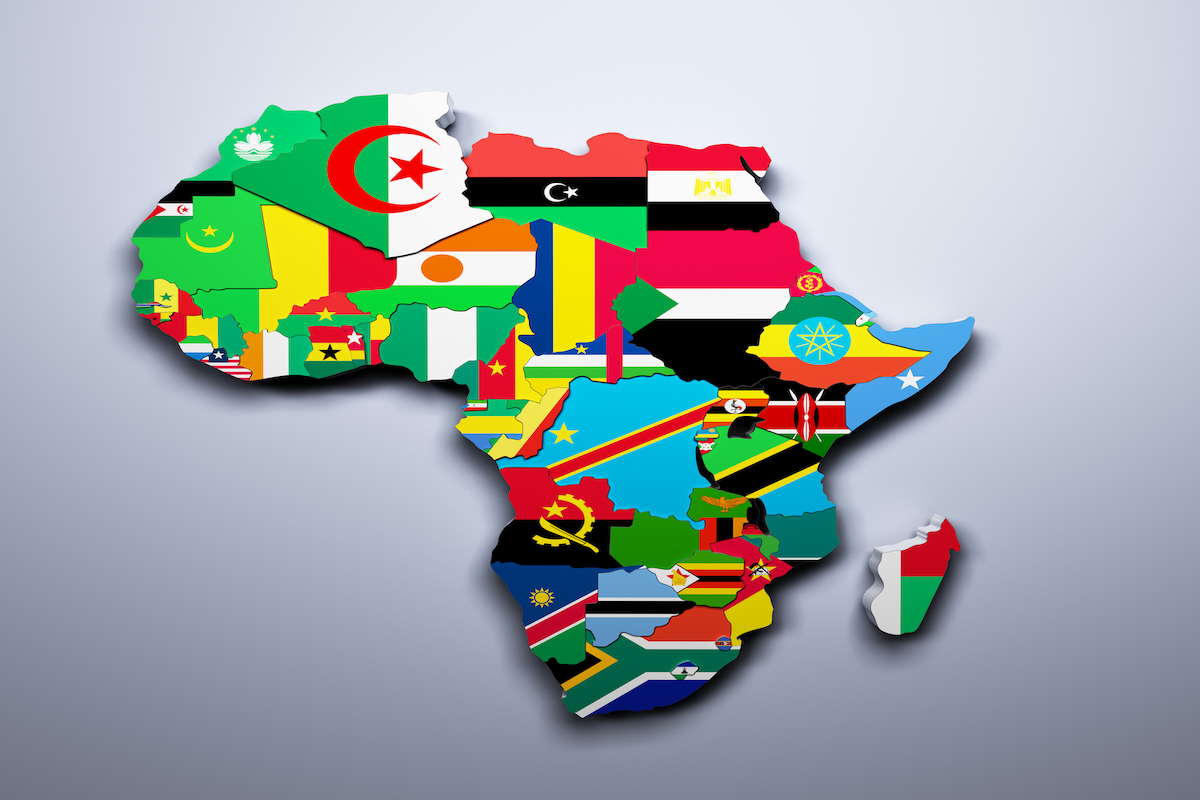The Glass Ceiling
US exceptionalism is reflected in a number of ways with important political ramifications. The electoral college and the composition of the Senate violates the modern democratic principle of majority rule.
The rivalry between the post-World War II superpowers, USA and USSR, took a toll on millions of African lives and undermined both regional integration and economic development on the continent.

AFRICA Representation image (Photo: iStock)
An often underreported, even ignored, aspect of the global impact of the Cold War was its impact on Africa. The rivalry between the post-World War II superpowers, USA and USSR, took a toll on millions of African lives and undermined both regional integration and economic development on the continent. History is evidence that parties to African conflicts, inter-state or between states and non-state actors, were often armed and funded either by Washington or Moscow to further their respective strategic interests. This resulted in a reduction of economic growth in affected countries by about 2.5 per cent on average, it is widely accepted. Now, with the shadow of a second Cold War looming, the Chief Economist of the African Export-Import Bank, Mr Hippolyte Fofack, has made a fervent intervention in the wake of the Ukraine crisis that has exacerbated the security situation in Africa. He has urged African leaders to take matters into their own hands, as it were, and double down on pushing through the conflict-resolution processes in limbo across the continent. In a recently published article, Mr Fofack underlines the devastating consequences of the intensifying tensions between the West and the Rest due to the war in Ukraine on the prospect for prosperity in African countries, premised as it was on the African Union’s flagship project ~ Silencing the Guns by 2020 ~ now postponed by a decade and aims to ensure the “guns are silenced” by 2030 instead. Experts, though, are of the view that even this goal will be unattainable unless there is a fundamental change in the approach of Africa’s political leadership. Armed conflicts on the continent killed more than 20,000 people in 2020 alone, a tenfold increase from 2010. So, what could this fresh approach towards ending conflicts and laying the basis for economic growth for the world’s poorest continent entail?
The securitisation of development, which is the sub-ordination of growth and development objectives to security priorities, has, argues Mr Fofack, failed to deliver security and has only hampered development. He is right to the extent that outsourcing domestic security, the evidence shows, has only enabled foreign powers to meddle in domestic insurgencies and end- ed up prolonging conflicts. This, obviously, undermines regional integration and economic development. Mr Fofack cites Libya and Mali as classic illustrations of this trend; both countries have been theatres of war for over a decade. It should also come as no surprise that the exponential rise in high-intensity conflicts in the region has coincided with the expansion of transnational terrorist networks, which have been sustained by an influx of itinerant foreign fighters and the proliferation of foreign military bases. Geopolitical realignments have been in full swing the world over and in Africa proxy wars are raging as a result. This clash between today’s superpowers, Mr Fofack sounds prescient when he writes, “has set the world on the path toward a new Cold War and Africa has again emerged as an arena in which to exercise their rivalries”. It is a chilling statistic but one that the world needs to take note of that Africa, among all continents, has the largest number of foreign countries carrying out military operations on its soil.
Advertisement
Advertisement
Advertisement